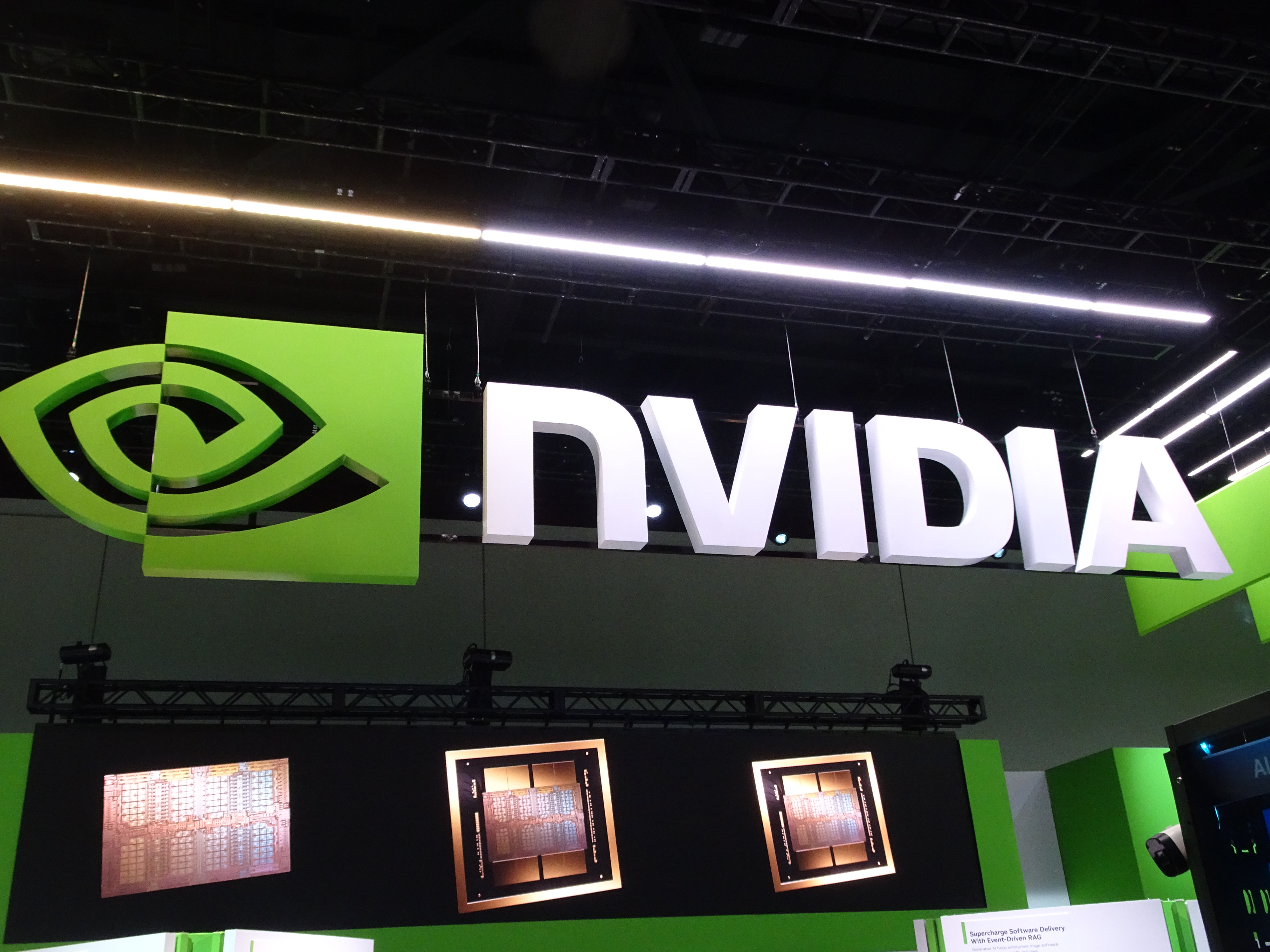 POLICY
POLICY
 POLICY
POLICY
 POLICY
POLICY
French antitrust regulators are reportedly on the verge of slapping Nvidia Corp. with charges that allege it has engaged in anticompetitive practices regarding its domination of the artificial intelligence computing industry.
Nvidia has emerged as the world’s foremost supplier of graphics process units and high-speed networking gear that’s required to build the massive clusters required to train and serve the most powerful AI models of today. According to some estimates, Nvidia commands an 80% share of the AI infrastructure market, and that fact seems to have ruffled a few feathers at the French competition authority, Auoritté de la concurrence.
News of the impending charges was first reported today by Reuters. The charges follow a raid of Nvidia’s offices in Paris by the French authorities in September. That raid was intended to gather evidence for the antitrust investigation, and came as part of a broader investigation by the agency into the cloud computing sector, which is looking at allegations some U.S. companies may have hindered competition in the country.
Nvidia’s dominant position in the AI computing industry recently propelled it to become the world’s most valuable company by market capitalization, though it has since dropped into third place. The company has become the go-to source of silicon amid a generative AI boom that was sparked by the rise of ChatGPT and other large language models.
It’s not yet clear what kind of charges the French regulators intend to bring against Nvidia. However, the Autorité published a report last week that called out a number of “risks” pertaining to the chipmaker.
“The Autorité found a number of potential risks, such as price fixing, production restrictions, unfair contractual conditions and discriminatory behavior,” the report stated.
It also expressed concerns over the AI industry’s dependence on Nvidia’s CUDA chip programming software. According to that report, CUDA is the only software available that is 100% compatible with Nvidia’s GPUs. In addition, Nvidia’s investment in the AI-focused cloud services provider CoreWeave Inc. was highlighted as a cause for concern.
It’s notable that the regulators don’t have a specific issue with Nvidia’s GPUs being the dominant AI chip platform. The report notes that despite its dominance of the chip sector, Nvidia does face adequate competition in the shape of Google Cloud’s tensor processing unit AI accelerators and silicon made by startups such as Cerebras Systems Inc.
If the French authorities do press charges against Nvidia, both sides will be hard pressed to prove their case, said Rob Enderle, an analyst with the Enderle Group. He explained that there are some significant differences in the French legal system, which puts more onus on the defense to prove that an allegation is untrue. As such, Nvidia may be compelled to prove it hasn’t done anything wrong.
“However, France also [places] far more emphasis on coded laws which likely haven’t been updated for AI specifically and current tech in general, potentially giving Nvidia an advantage they wouldn’t have in the U.K. or U.S.,” Enderle said.
Whether or not France has a viable case remains to be seen, but the analyst said the Autorité may struggle to prove that the chipmaker has engaged in price fixing. “Price fixing is defined as being between competitors who agree on a price in a clandestine fashion in order to eliminate one of the benefits of competition, but who would they be price fixing with?” Enderle said.
He pointed out that Nvidia’s rivals clearly aren’t doing this. For instance, Advanced Micro Devices Inc. seems to be under-pricing its products in an effort to grab market share, he said, while Intel Corp. doesn’t even have a viable competing product in place.
“Nvidia doesn’t need to price fix because it is the clear market leader,” Enderle insisted.
On the other hand, Enderle believes Nvidia may find it more difficult to explain its monopoly of the GPU programming software business.
“Nvidia is vertically integrated, much like IBM once was, until it was forced to break out its software business and make it interoperate with other companies’ hardware by the European Commission,” the analyst said. “We have a precedent there, so it’s possible Nvidia might be forced to do the same, but that will depend on the court and it isn’t a slam dunk by any means.”
Constellation Research Inc.’s Holger Mueller agreed that the dominant position of Nvidia’s CUDA software platform, which is necessary to program its GPUs, appears to be the biggest issue for the French regulators. “It’s the exclusive method of programming Nvidia’s chips, but exclusivity itself is not punishable,” he said. “The authorities will have to demonstrate that Nvidia is abusing its market position with that exclusiveness, and that will be difficult given its market practices.”
Enderle said the French investigation is likely premature in any case, given that AI is still such a young industry. “Nvidia’s dominance is the result of 20 years of investment that others didn’t make, so it has been earned through hard work rather than antitrust behavior,” he said.
That report was part of a wider investigation into the competitive landscape of companies in the generative AI industry, which also looked at access to compute infrastructure, data and talent.
According to Reuters, Nvidia faces a maximum penalty of 10% of its global revenue if it’s found guilty of breaching France’s antitrust and anti-competition laws.
The chipmaker also faces some tough questions from antitrust regulators elsewhere. The European Union is also reportedly conducting an investigation into the company to see if it’s abusing its market dominance. In the U.S., the Department of Justice is said to be planning its own antitrust probe into Nvidia, having reportedly “grown worried” about its leading position in the AI chip market.
THANK YOU